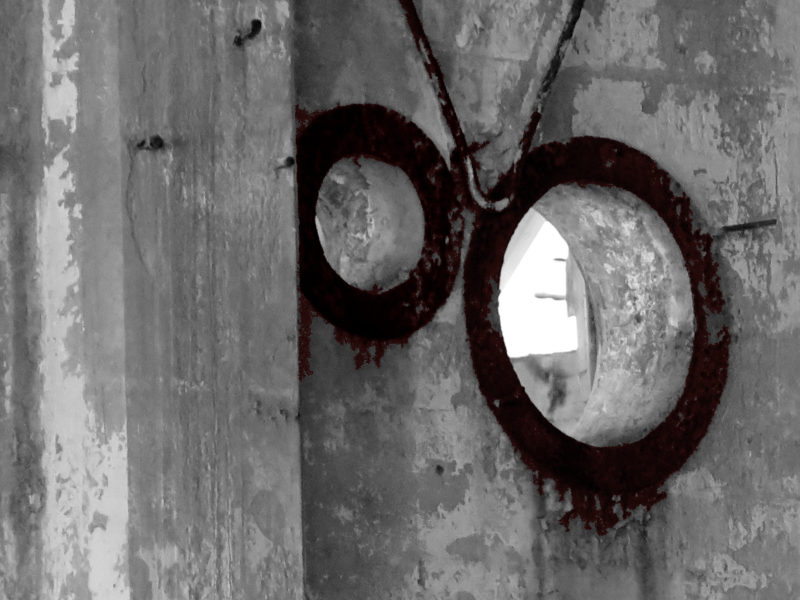
Her name is often spoken in the same breath as these others who are considered among the most brilliant German lyricist of the 20th century: Hilde Domin, Rose Ausländer, Ingeborg Bachman. I am talking about Dagmar Nick who is nonetheless most likely NOT a household name. At least she wasn’t in my household. Not quite sure why that is.

Born in Poland in 1926 to musician parents, with some Jewish background, she experienced several displacements, among them one caused by World War II bombs that hit her apartment in Berlin. She had a steady career as a writer, author of radio plays and poetry anthologies, with early acknowledgement through national rewards and prizes, and is still alive, living in Munich.

I came across her when reading After Every War – 20th century women poets – (a Princeton Paperback) which has been one of my nightstand go-to’s since I discovered this small volume a decade or so ago. Here is a link that informs you about the anthology.
https://www.irishtimes.com/news/the-rubble-women-of-poetry-1.406672
The sheer breadth of poetry in it, and the emotional depth, intensified by the awareness that several of these poets did not survive the Holocaust, make it a must – read.

Since we read Nowhereland on Monday, I thought No-Man’s-Land today would be a good follow-up, particularly since it touches on the guilt experienced by those who survived.
No-Man’s-Land
Where the landscape dissolves
into sky,
where night after night
our shadows
touch each other
its fettered wings
on the narrow ridge
between here and there,
between where we are
and where we are not –
in a cursed circle of blood,
our dreams gone and no guarantees –
we lie on the pulsing shore
battered and beneath
our fallen banners –
Powerlessness. Guilt.
Dagmar Nick, translated by Eavan Boland

I, by the way, have not read one of her more recent books, Alter Baum, but was amused by her publisher’s description of the series that added her work. “Only authors who are 80 or older and write about transience or death without sentimentality and with wit….. ”







